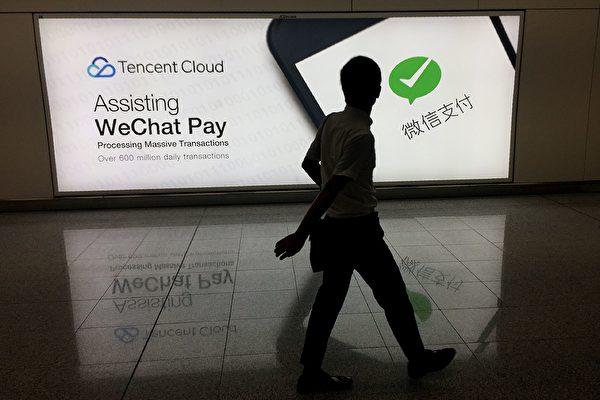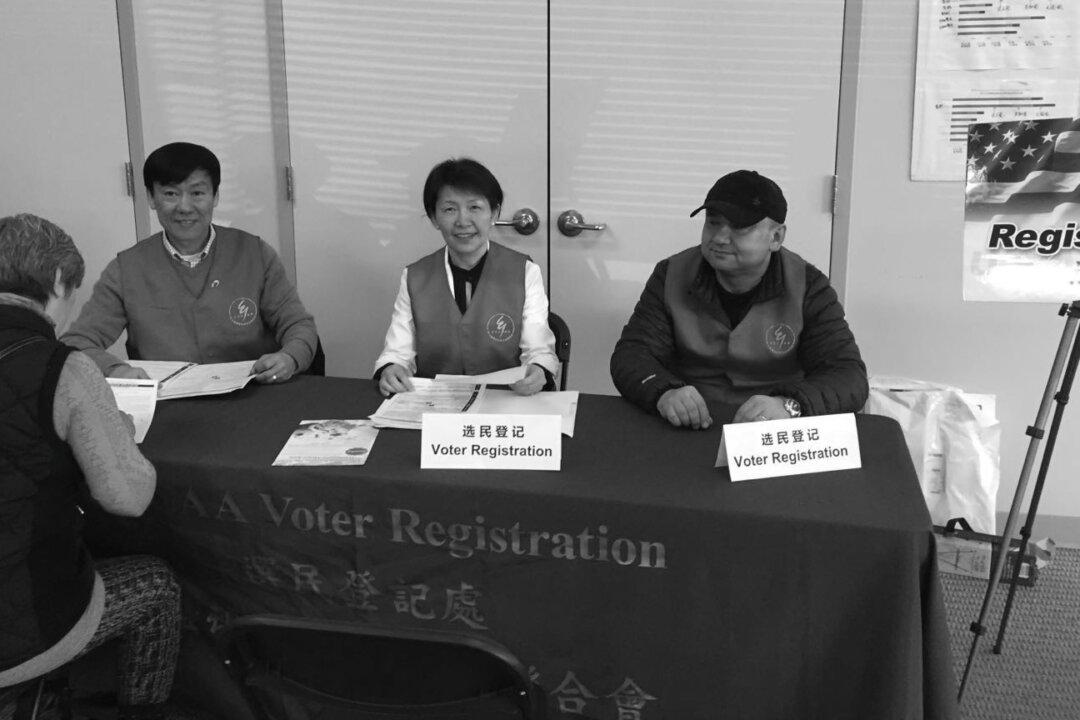As the largest social media and messaging app in China, Tencent’s WeChat controls the news flow for overseas Chinese, directing them to read and watch content sanctioned by the Chinese Communist Party (CCP).
U.S. think tanks and China experts worry that WeChat is the new Trojan Horse which is infiltrating the West as the China-censored app has been widely used to influence Western politics and Chinese living abroad.




